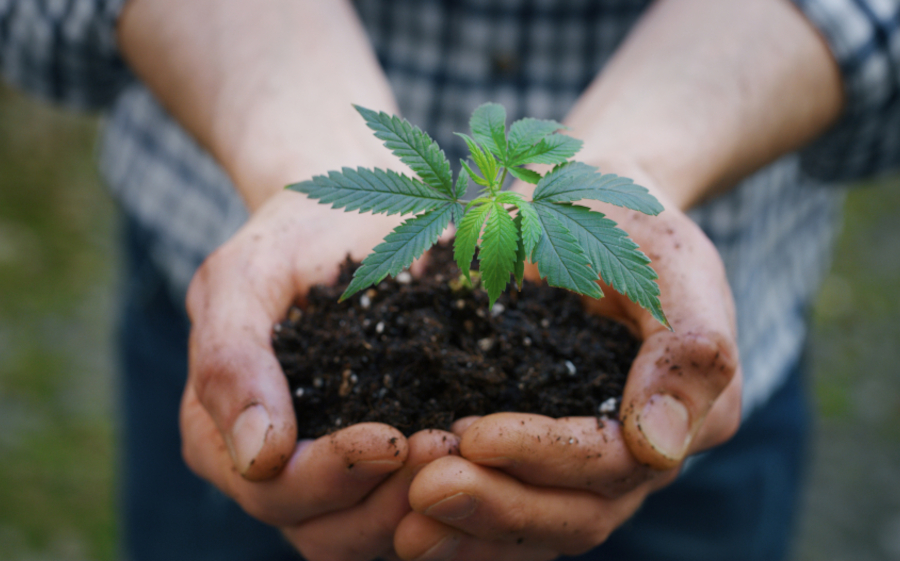The Federation of International Hemp Organizations (FIHO) and standards developer ASTM International have signed a memorandum of understanding to work together on global guidance for the hemp value chain.
ASTM already has some standards for hemp extracts, hemp food seed and building materials, but that body of guidance needs significant development to cover the full range of potential hemp applications.
A not-for-profit nongovernmental organization, ASTM develops voluntary consensus standards and works with government authorities to determine legal and regulatory frameworks for industry.
Good for building
Probably the first hemp subsector that could most benefit from further alignment with ASTM is building materials, where there is potential to cut into the traditional construction industry based on massively polluting concrete.
Hemp and lime mixed into hempcrete has already passed muster with ASTM for fire resistance tests (ASTM E 84-19B) on the material’s surface. Stakeholders in the U.S. are now advancing the process of testing hempcrete for fire under load (ASTM E-119). Results from such tests are recognized by building code officials and regulators in their safety analyses of a range of building materials. Other standards are needed.
FIHO is already working to position hemp as a sustainable building material with the United Nations Global Alliance for Buildings and Construction, which promotes carbon neutrality for the built environment through major international activities.
Food & farming
ASTM develops a variety of guidance that impacts the agriculture industry and farming practices such as soil and water quality, fertilizers and pesticides, farming machines and equipment, and post-harvest handling and storage. Those include standards for safety and quality of food packaging and materials, and testing methods used to detect contaminants, microorganisms, and other harmful substances in food.
Existing ASTM specifications for hemp seed intended for human consumption include guidelines for fast on-site quality assessment of hempseed material. The standards, geared toward those who store hempseed for later processing, provide guidance to farmers and other supply chain participants – plant breeders, hemp seed producers, storage facilities, laboratories, and processors.
Committee D37
All cannabis products are handled by ASTM’s Committee D37, a grouping dedicated to both marijuana and industrial hemp. Among other products and processes that fall under D37 are products that come from the hemp flower – extracts and concentrates, edibles, infused products and topicals.
Under the agreement with FIHO, ASTM will set up sub-committees and manage the process of developing the additional hemp standards through Committee D37. FIHO will provide technical expertise and hemp industry perspective and has agreed to reference and use resulting ASTM standards, “as appropriate.” as a seal of quality and consumer safety.

